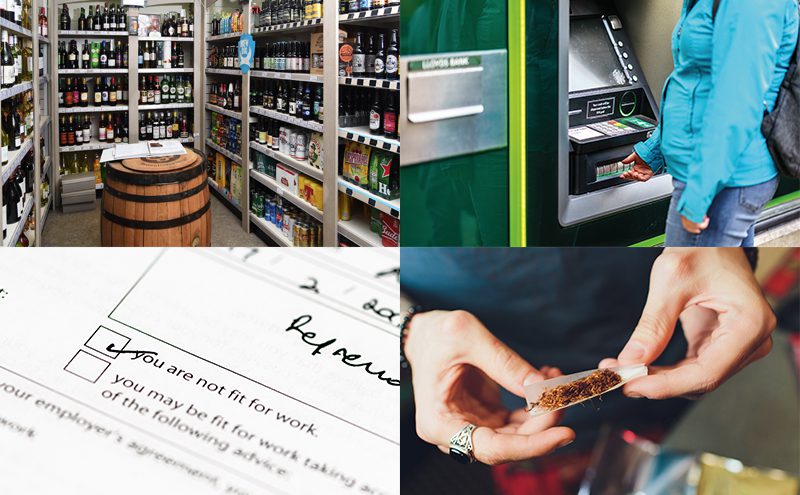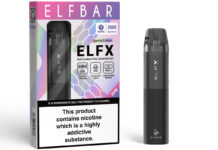
THERE was good news and bad for retailers in Chancellor Rishi Sunak’s first Budget today (11 March).
Alcohol duty has been frozen across the board, reversing planned increases for wine, beer and spirits.
Tobacco duty did not escape a rate hike, with the tobacco duty escalator still in place. The escalator, which is calculated based on the retail price index (RPI) , is designed to increase the price of tobacco products at a rate faster than inflation.
From 6pm on March 11, duty on factory made cigarettes will increase at the RPI plus 2%, while hand-rolling tobacco duty will rise by RPI plus 6%. Smokers’ rights group Forest has estimated this increase will see 30g packs of hand-rolling tobacco rise by 67p.
The Budget also included a promise to introduce new legislation to protect access to cash. Dwindling provisions of free-to-use cash machines is an issue which disproportionately affects Scottish retailers. The consumer rights group Which? revealed last autumn that the top two areas in the UK with the highest populations with no ATM or Post Office are located in Scotland.
Forecourt retailers are also set to benefit from a continued freeze on fuel duty and the Chancellor pledged to expand the electric charging network to ensure drivers are never more than 30 miles from a rapid charge station.
On sustainability, the Chancellor confirmed that plans to introduce a Plastic Packaging Tax in 2022 were still scheduled to go ahead. The new tax would see a levy of £200 per tonne applied to plastic packaging that contains less than 30% recycled plastic.
Retailers with concerns over how coronavirus may affect their business were also given assurances. As part of an emergency package, the Chancellor confirmed that Statutory Sick Pay (SSP) will be available to those who are advised to self-isolate – even workers who do not present virus symptoms. The temporary extension of SSP will be funded by the government, which will cover the cost of coronavirus sick pay up to 14 days. A £2 billion fund has also been allocated to cover small and medium enterprises that lose out economically through staff sickness. The fund is open to businesses with fewer than 250 staff.
For small retailers south of the border, there was cause for celebration on business rates. The Budget extended the business rates retail discount, effectively removing shops with a rateable value of below £51,000 from the rates system. This relief does not apply in Scotland as business rates are devolved to the Scottish Parliament.













